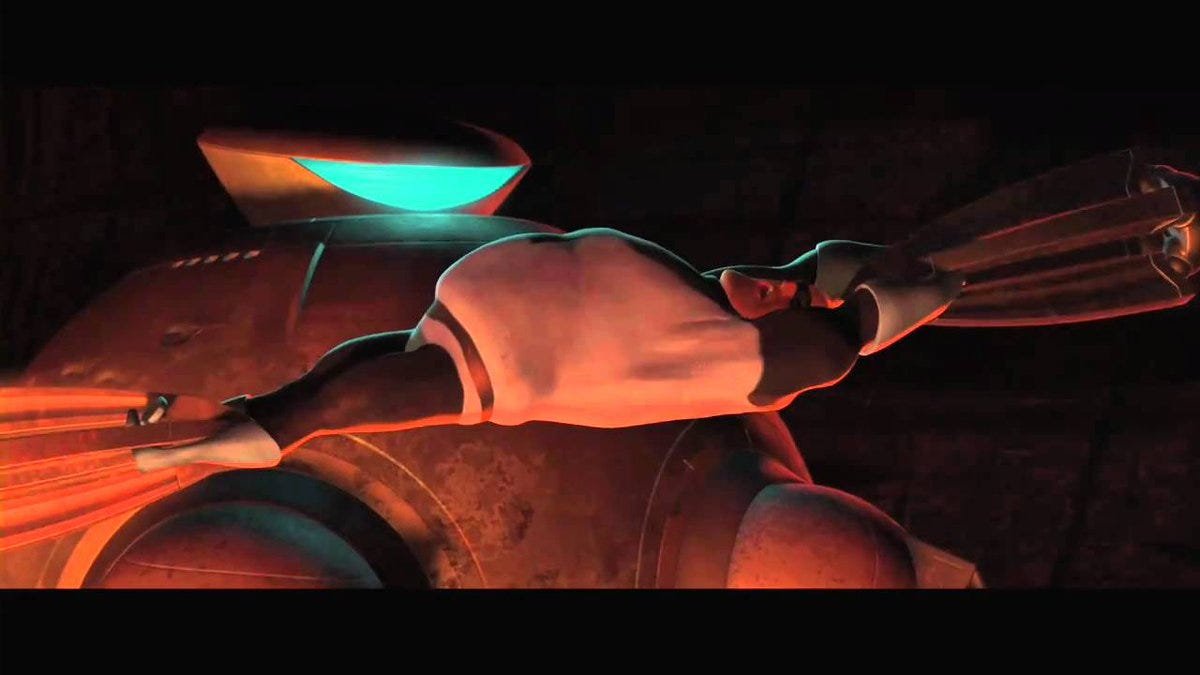I’m Leaving Composing To Pursue Comedy
Happy April Fool’s Day!
But in some seriousness, I do love comedy, and as many of you who have followed me for a bit, or know me personally, I have various comedy projects as well as music ones. It’s another big joy of mine.
My favorite comedy project that I’ve done to date is a podcast I made with my brother in 2020 called Beyond Being Well. It’s a parody of those alternative medicine, biohacking podcasts like Huberman Lab, The Human Upgrade, and to some extent even The Joe Rogan Experience.
We’ve since stopped releasing regular episodes, but we do have some one-off things planned. A big one is a TV show pilot I wrote based on the fictional characters from the pod. We filmed it sometime in 2021 and it’s been sitting in post pro-production limbo for quite a while.
Well, this year it’s getting finished! In a fun challenge, I’ll be combining these loves of music and comedy by doing a score for this pilot, which brings me to what my post is about this week: scoring comedy.
What Makes A Good Comedy Score?
Still from early Disney cartoons
The way I see it, unless you’re Mickey Mousing (the cartoon approach to scoring that lies between sound design and musical score, sonically mimicking physical movements and big actions on screen with various instrumentation; think descending whistle when a guy falls off a cliff), a good comedy score is just a regular ol’ good score. And a good score is serious.
Taking a funny situation seriously ends up being funny. Taking it unseriously, attempting to be obviously, musically comedic, will usually become distracting or cliche, ruining the funny on screen.
Parodies
Still from Young Frankenstein
Think about a subset of comedic films: parodies. Parodies ONLY work, when the music is seriously trying to replicate the original source material.
Something like Austin Powers only works if it’s serious about trying to recreate a James Bond score (or The Incredibles, which isn’t a spoof necessarily, but it does imitate James Bond music, in an even better fashion). Young Frankenstein only works if the music is trying its hardest to sound like 1930s Universal Studios monster movies. Bring us into the world, then let us laugh at the world.
Beyond the idea of parodies, I think this concept extends to other comedic films. In order for the comedy to work, we have to buy into the world of the characters, which is just as serious an endeavor as scoring any other genre, because with all scores we’re trying to bring you into the world of the film.
Some of My Favorite Comedy Scores
Still from Shiva Baby
One of my favorite comedy scores of recent memory is Ariel Marx’s work in Shiva Baby, which, listening to it on the album doesn’t feel comedic at all. It feels like a horror or thriller movie. It’s full of mostly unsettling plucks and wiggles from violins. It doesn’t sound funny. But put that in a scenario where a young Jewish woman suddenly finds herself with her parents at a Shiva running into her Sugar Daddy and his wife… awkward hilarity ensues. It would be a fine, funny ride with the great performances and writing, but what I felt elevated it was the great urgent and tense score.
Another favorite of mine is Elf, which one might be able to tell was a comedy if listening to the music isolated, but not necessarily, ultimately takes its score seriously. One would, however, definitely be able to guess it’s a Christmas film. Whistling, humming vocal lines and sleigh bells tip you off to that. But for the most part, it’s melodies are mostly very sweet, with a nostalgic, at times melancholy edge. As silly as the film’s premise is, a human adopted by christmas elf returning to NYC to find his real parents, the composer John Debney took every scene seriously when composing. While Will Farrell and the film’s comedy is great, the nostalgia and family drama that is brought forth through the score really makes this the classic that it is.
Ok… this last one is kind of a funny score listening to it isolated, BUT I will argue that it’s approach is serious. That is the score from John Swihart for Napoleon Dynamite. The instrumentation and melodies are at times silly, but ultimately it’s job is to add quirk and let us settle into the very specific world of the film, just like any other.
Timing
Still from The Incredibles
One last thing. I think more than instrumentation or accurately parodying, the key to most comedic scoring, like comedy itself, is also timing. That’s something that can’t really be taught and has to be felt between the director and composer, based on the performances and edit. When do certain cues start and stop (I’ll bring break The Incredibles here to showcase some great starting and stopping of score for comedic effect)? It’s a simple, yet crucial question that you’ll have to feel out yourself. And that’s my cue to be done with this post.
will dinola (he/him) is a film composer, musician, and writer currently working in new york city
he is interested in people’s passions and pushing the art of film scoring to new horizons
he writes about his experience in a newsletter called “do”




